INVENTING KIM KARDASHIAN: CHRISTOPHER KULENDRAN THOMAS
|Claire Koron Elat
The first time I consciously saw a deep fake was in 2018. Next to the halfway blurry flag of the United States, placed in the Oval Office, “You Won’t Believe What Obama Says In This Video” — as the title of the YouTube video published by BuzzFeed suggests. The former president makes a prophetic declaration in his characteristic downward inflected voice, “We’re entering an era in which our enemies can make anyone say anything at any point in time.” In another video, not on YouTube but as part of Christopher Kulendran Thomas and Annika Kuhlmann’s exhibition “Another World” at KW Institute of Contemporary Art, Berlin — on view in parallel at the Institute of Contemporary Arts, London — a deep fake of Kim Kardashian, currently featured on the cover of Issue #42 as Sterntaler, nimbly analyzes and comments on the fictions of capitalist hegemonies while the system producing these tales are fictional themselves.
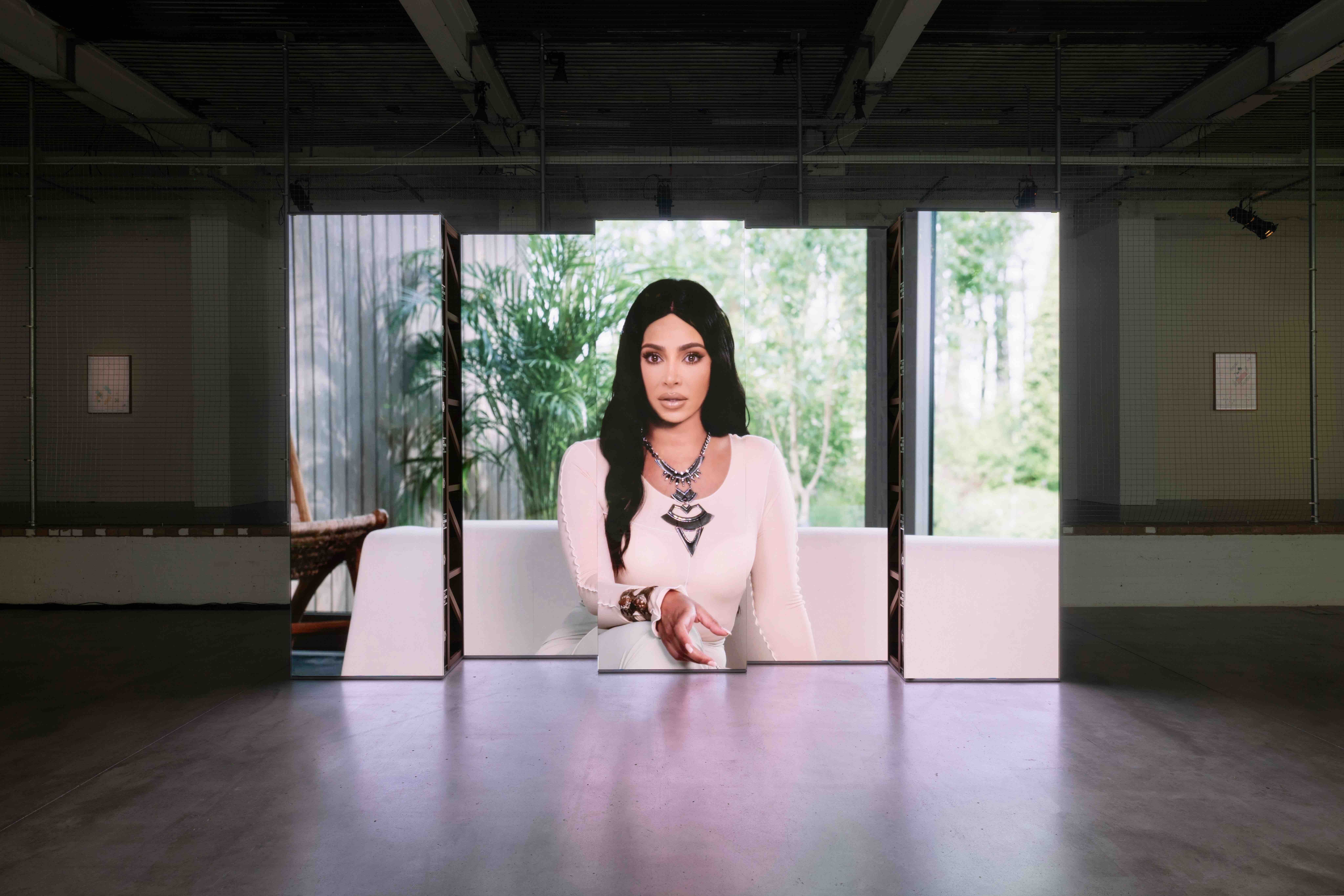
CLAIRE KORON ELAT: The first time I saw your film, The Finesse, I thought that it was the real Kim Kardashian. She is part of an obscure sphere where people are mystified — be it through technology, social media, or prolonged hyper-exposure. In a way, that blurs their “real” identities, which then oscillate between being real and fictitious. Kim Kardashian has become an entity, but what happens to the person behind that entity?
CHRISTOPHER KULENDRAN THOMAS: That’s a good question for us all to ask ourselves. We all project a fiction of ourselves to a certain extent. The most important part of that fiction, the part that we each need to hit to even count as a convincing human being, is authenticity. The idea that we’re “human is kind of a fiction. When we use that term, we’re not usually referring to a biological category, are we? We usually mean something more than that — a particular idea from the West of what it means to be human: a liberated, autonomous individual that’s “true” to themselves and is somehow ontologically distinct from everything that’s not human. That fiction is the basis of our consumer democracies — it’s the ideological or religious front line of an empire. But it’s an increasingly implausible fiction in the face of gene editing, neural engineering, machine learning, and the rise of the East, which operates on somewhat different fictions. The Kardashians have been able to preempt all of this, in that they’ve evolved beyond that idea of a human. They’re more advanced, higher beings as it were. They had a head start. They saw their dad represent OJ Simpson in that trial that was a rupture in the West’s fictional democracy. They were born into that rupture. They grew up seeing through the matrix and seeing how these pillars of a democracy, such as the justice system, could be shaped by media, by narrative, by storytelling.
CKE: So, your Kim is comparable to Kim seeing through the matrix? What do you think would happen if the real Kim Kardashian actually talked the way the character looking like her does in your film? Would this be the downward spiral of her success and (mainstream) popularity?
CKT: Part of the wisdom that comes with evolving to a higher being is the ability to be relatable to humans and not scare them.
CKE: Like a benevolent AI?
CKT: Well, it is an AI, in parts. Certain elements of that avatar’s script in The Finesse are continually algorithmically generated anew each time. I never know what it’s going to say.
CKE: Does that mean that in our society you can’t say anything too complex or controversial without risking losing your status?
CKT: You certainly can’t acknowledge the simulation. Maybe the West in the early 2020s is like the final decades of the Soviet Union where everything that you say is coded with the collective self-awareness that you’re just playing along with the fiction of the state that no one is allowed to call out as a fiction.

CKE: In a way, the Kardashians are literally a simulation because they’re a reality show. At the same time Kim Kardashian and her entire family are utterly not relatable — owning private jets, wardrobes bigger than many people’s apartments, being able to do pretty much anything in the world because financial constraints are non-existent. Why are such people iconized today? Certainly, there are other people who are in some sense icons, such as Greta Thunberg, Malala Yousafzai, and other political and human-rights activists, who should have achieved the same cult status.
CKT: I don’t know — that seems kind of moralistic to me. Who am I to judge one celebrity activist against another? The Kardashians are extremely skilled in making their extraordinary life seem relatable, and I their success comes from instinctively understanding, and being able to embody in real time, the changing mechanics of media. There’s something really amazing about the example that Kim sets. Sure, she’s a product of her society and embodies its aspirations, I find it interesting how she influences those aspirations.
Instagram is looking more and more like Kim. She is Instagram face. I saw somewhere that her face is the most common reference for cosmetic surgery. I wonder how that would even play out on an evolutionary timescale. Reasonable people might have very different views on whether they see her post-racial — I would say post-human — identity as appropriating and exploiting minority ethnic identities or whether they see it as a utopian example that she sets by somehow managing to be simultaneously white, Black, Hispanic, Jewish, Asian, and Middle Eastern. Wherever you come down on that question, the Kardashians embody some crucial issues in our culture that I find endlessly fascinating. Behind your question there are some assumptions about agency that I’m not sure I buy. For example, I don’t think Greta Thunberg makes a difference to the fate of our planet. That’s a misunderstanding of the material realities at play. I see Greta Thunberg as an inevitable cultural product of peak oil. If the relative cost of fossil fuel extraction increases, so too, do the economic incentives for alternatives. That in turn leads to the cultural shift that accompanies those alternatives as well as the activism and the memes. Greta Thunberg is an inevitable and necessary product of those incentives but doesn’t change the underlying drivers, which are ultimately a function of the geology. The geological reality necessitates the cultural shift, not the other way ‘round. The geology comes first, not the memes.
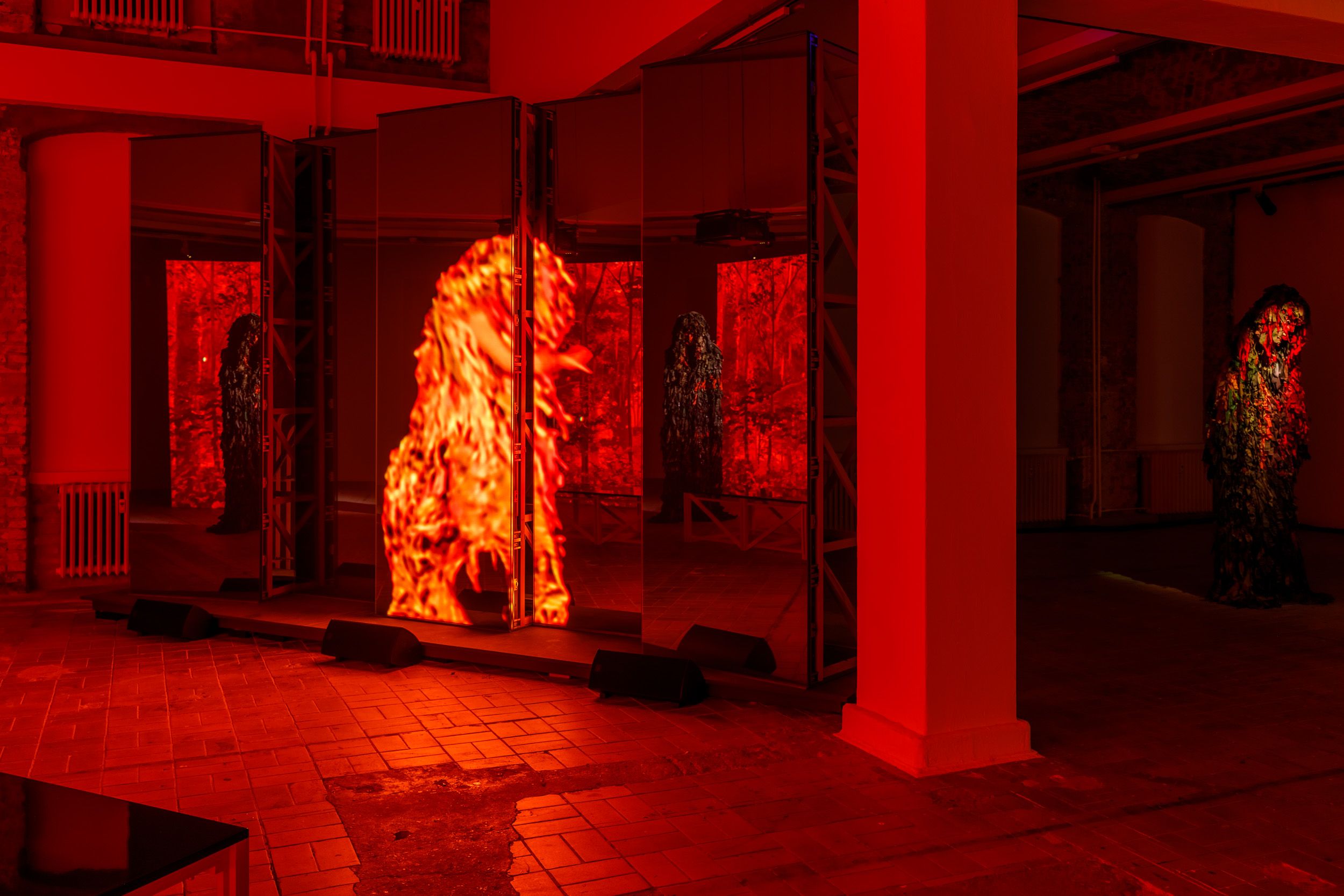
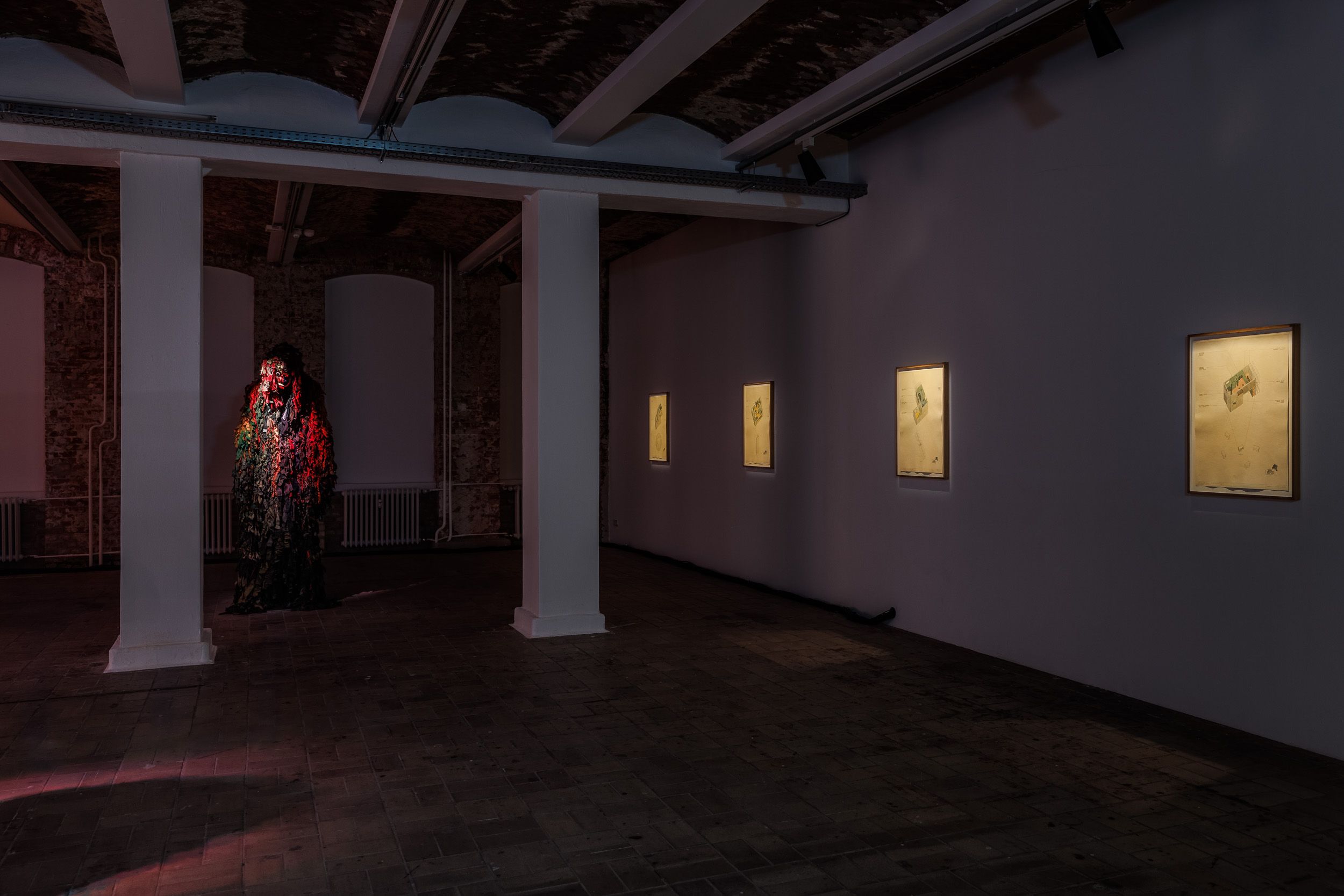
CKE: I don’t think the mere description of the Kardashian’s excessive wealth is moralistic. One could take any other multi–millionaire or billionaire as an example who is not just rich but further profits from showing publicly that they’re rich. Saying this, to me, is not moralistic but the simple articulation of their state of being, which is eventually a reflection of society’s current condition. However, maybe the question is where moralistic judgements start?
CKT: Each society defines aspirations in a particular way, be that the collective progress of the proletariat in Soviet society, or of your family in many Eastern traditions, or individual material wealth in the West today. Rather than judging those aspirations morally, I find it interesting to think about what kinds of aspirations and incentives produce societies that work well enough relative to others to keep their citizens happy enough not to leave. It’s easier to see those things more clearly when I set aside my own moral judgements about one kind of society over another.
CKE: The Finesse, which merges all these different timescales and paradigms of thought, deftly melts pop culture into political science. Is this really a merging of two different spheres, or is pop culture inherently and inevitably political anyway?
CKT: You could ask that the other way around: is politics inherently and inevitably pop culture anyway? I feel like politics, as we know it in our so-called democracies, is primarily a cultural product, an entertainment experience, more than it is a way of serving a community or governing a state. It’s actually a way of distracting a population from paying attention to how a state is governed, like an interactive soap or a kind of LARP, where you role play the idea that you have a say in how things are run. It gets a lot of airtime — particularly trivial differences in the minutiae of domestic policy — but the things that actually make a big difference in the world — the kind of difference that can be measured in hundreds of thousands of lives — like the relationship between foreign policy and corporations, including investment banks and defense contractors, is relatively massively underreported.
CKE: If politics is inherently and inevitably pop culture anyway, it makes sense that Kim Kardashian decided to become a lawyer. Do you think we will see more of this in the future, and do you think, for example, Taylor Swift, as you used a deep fake of her in your work too, would be an apt candidate for this pop-political concoction as well?
CKT: I don’t see Taylor Swift running for public office, no. Why would she want to? Though I feel like she’d do a great job, because she’s clearly good at managing an organization to execute on a vision, and I’d vote for her. If I could vote in the US — which I can’t. It totally makes sense that she was the last big American pop star to come out against Trump (apart from Ye, of course, who’s pro-Trump). She had to straddle the political spectrum between her original country music fan base and her mainstream metropolitan fan base, so it was harder for her to take a position than for other mainstream pop stars. Or at least the cost was higher. But there came a point when Tay Tay’s mainstream, metropolitan, international fan base grew exponentially to the extent that the risk of not coming out against Trump outweighed the risk of alienating any Republican fans. That resulted in the ‘Woke Taylor’ moment. That’s not cynical; it would be totally missing my point to see that as cynical. Because we all embody the incentives we’re given; we can but play the cards we’re dealt. Taylor Swift plays them really well. She’s a truly great artist. She totally embodies what her work is

CKE: If who we are is always a fiction and authenticity is what comes from embodying that fiction totally, I wonder how that relates to other scales of truth and fiction, such as history. In your exhibition at KW, you ask the question “How do you tell the story of the losing side of a conflict when history has already been written by the winners?” It relates to our previously discussed topic around fabricated or fictitious entities that are based on people (who once used to be real). In what ways does your work deal with notions of fictionalizing history, and do you think that’s good or bad?
CKT: All history is fictional. It’s written by the winners to normalize the winner’s values as just and the values of the losing side as evil. I grew up learning about the liberation movement back home that was then re-labeled as terrorists when the tide of history turned against the Eelam Tamil struggle. It’s the same around the world; they’re freedom fighters until they’re terrorists.
CKE: What threshold does one have to cross to suddenly become a terrorist instead of a freedom fighter?
CKT: In the case of the Eelam Tamil liberation movement, the geopolitical narrative of the ‘war on terror’ led to freedom fighters around the world getting re-labeled as terrorists, including ones that had absolutely nothing to do with the attacks on NY and DC on September 11th, 2001, that prompted that narrative. The differences between a freedom fighter and a terrorist usually comes down to which superpower’s geopolitical interests are served by a conflict.

CKE: You once said that morality can be perceived as a humanist fiction, which similarly plays with the idea of humans believing in people, concepts, etc. that are actually not entirely real. Does that mean we shouldn’t be moral?
CKT: I guess this is exactly the point. I feel like morality is an authoritarian impulse. It’s how empires control populations, by defining what reality is, what good behavior is. If you don’t conform to that framework of values, you’re sub-human. For most of the history of our modern, liberal, Christian democracies in the West, being gay was ‘immoral.’ Is that real? No, of course not. It’s totally possible to be good to one another without buying into the morality of one particular regime versus another. The framework of values that underpin our great civilizations are just not the same. Chinese values, for example, are just not the same as American values. Does that mean that one framework is morally superior? Of course not, because you would automatically think that the moral framework you grew up with is the one that’s morally superior. That’s obviously not an objective point of view from which to make judgements about other cultures. I hope we’ll learn, as a civilization, to step back from the idea that one set of values is intrinsically just and learn to be comfortable with a plurality of value systems
CKE: Do you think Western and Eastern narratives will merge at some point, or are these dissimilar fictions contributing to an even larger division?
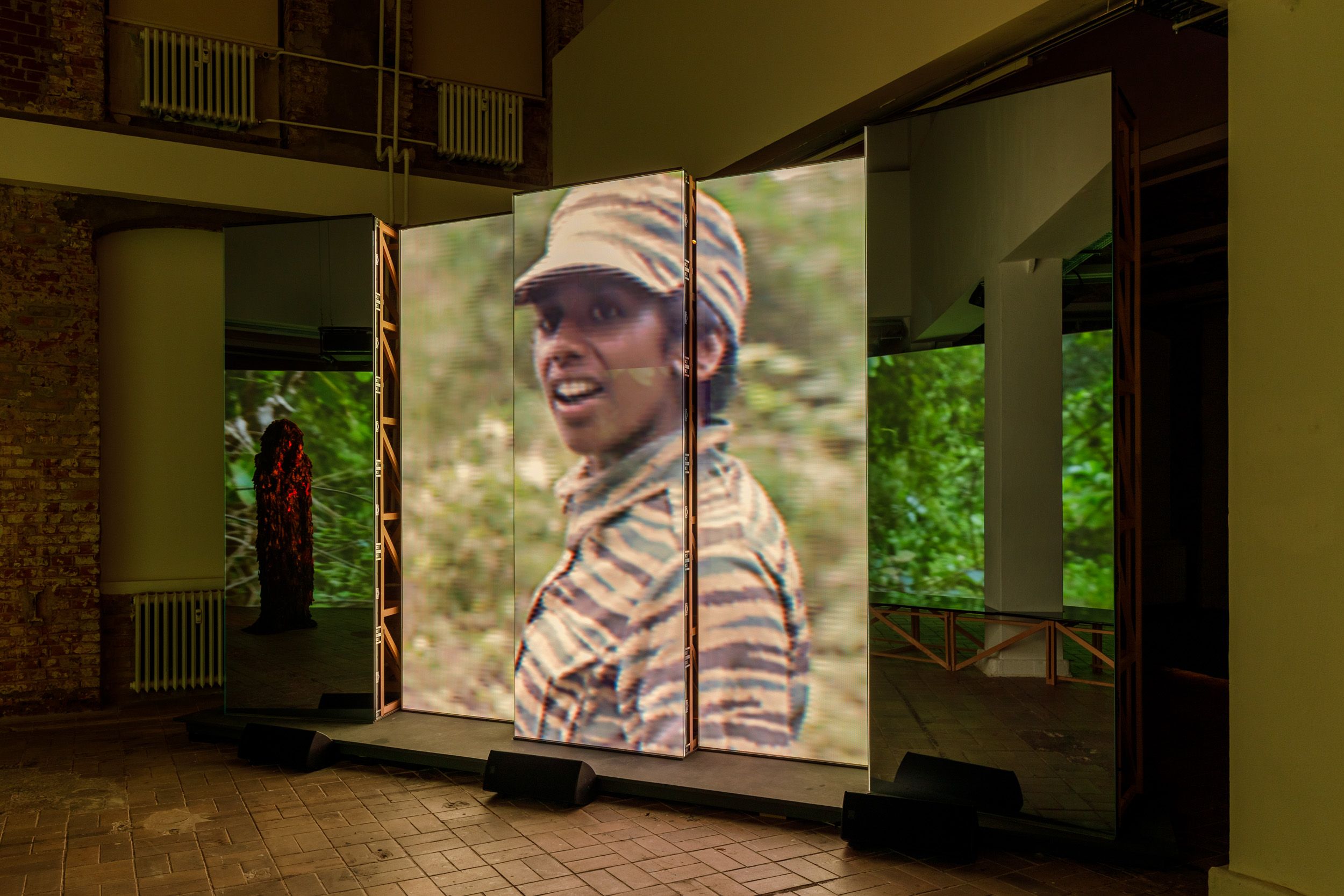
CKT: Most of a quarter century ago, Bill Clinton predicted that the internet would bring Western values to China and said that trying to control the internet would be “like trying to nail Jell-O to the wall.” He was wrong. China has been able to control its internet and hasn’t adopted Western values. Instead, the US government has itself become pretty good at internet censorship for political purposes, as we’re learning from Elon Musk’s release of internal documents from Twitter and similar admissions from Mark Zuckerberg about the FBI’s influence on Facebook in the run up to the US election. There’s a deep-rooted difference between how these two civilizations approach the relationship between domestic and foreign policy. The “Chinese Empire” is not domestically multicultural. China is predominantly for Chinese people, but its foreign policy is pluralistic in that the Chinese Empire doesn’t require the rest of the world to adopt its values. Over time its vast colonies in Africa, South America, etc. might adopt an increasingly Chinese way of doing business if it works better, but there is no militarily enforced requirement to believe in Chinese-ness. The “American Empire” on the other hand is the inverse of that. It’s multicultural at home and monocultural abroad. It’s a nation of immigrants but requires the rest of the world to believe in its moral framework and political system. If you don’t believe in “freedom” and “democracy,” eventually you will be invaded and killed. Unless you have a lot of oil and are willing to sell it on good terms, in which case you’re fine. That kind of fundamentalist foreign policy is really dangerous and may ultimately force a civilizational confrontation that the West could lose.
Credits
- Text: Claire Koron Elat
Related Content

Home is a Place That Doesn't Exist Anymore: CHRISTOPER KULENDRAN THOMAS at the Schinkel Pavillon

032c Issue #42 “DRAIN GANG” Winter 2022/2023
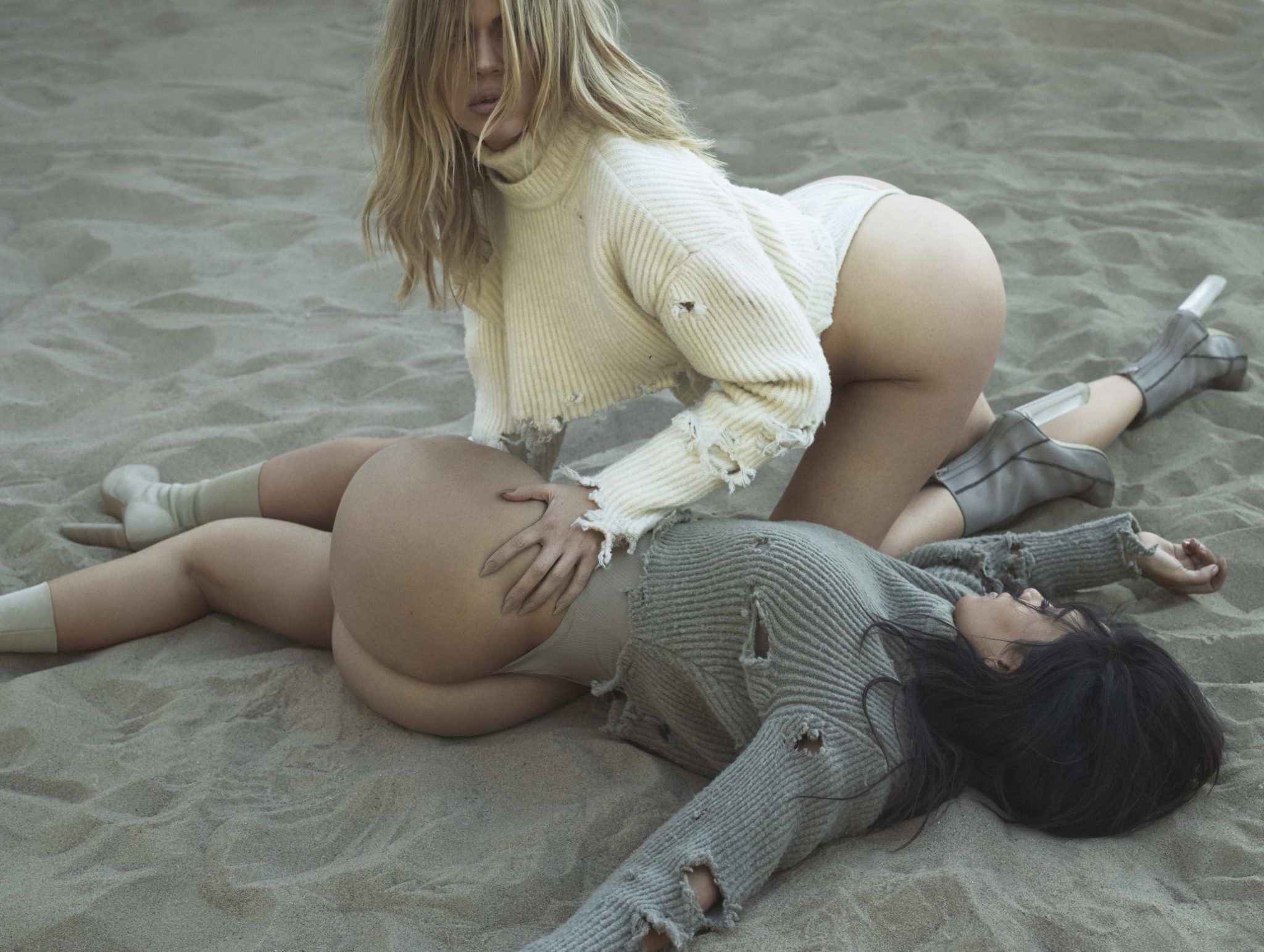
CALABASAS
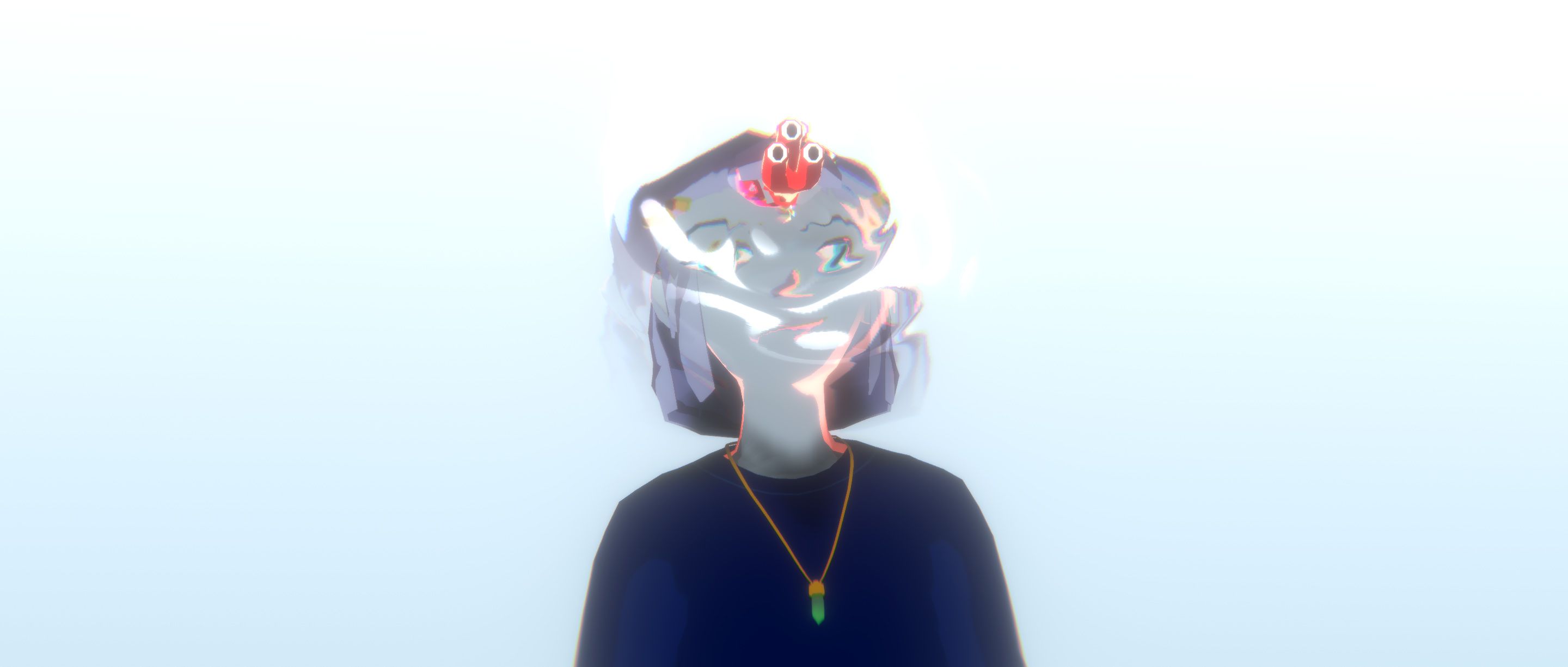
A Great Anomic Era: IAN CHENG
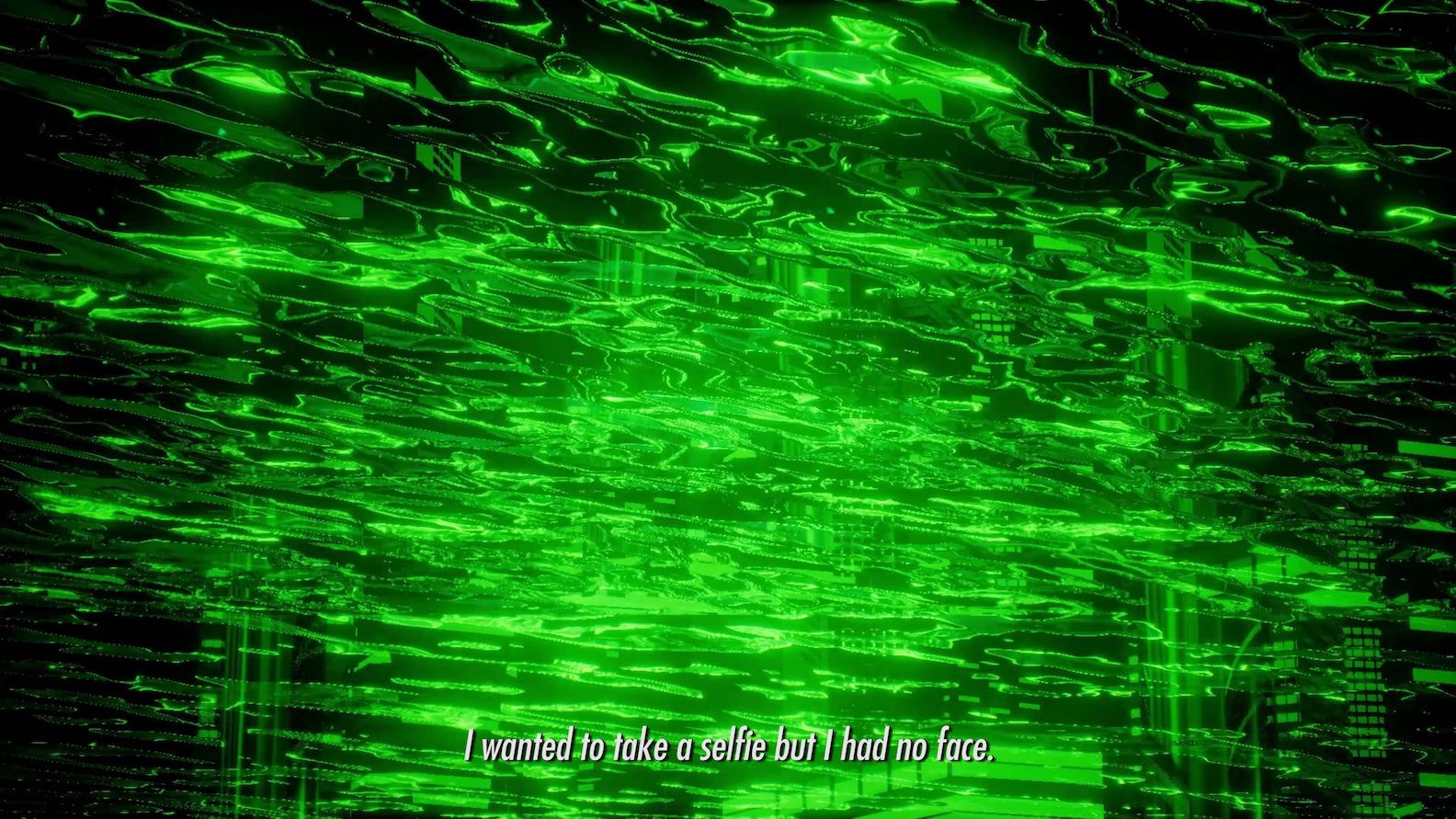
THE COMING WORLD: Ecology as the New Politics 2030 – 2100

Post-Soviet Suburbia: KIRILL SAVCHENKOV’s “Umwelt”
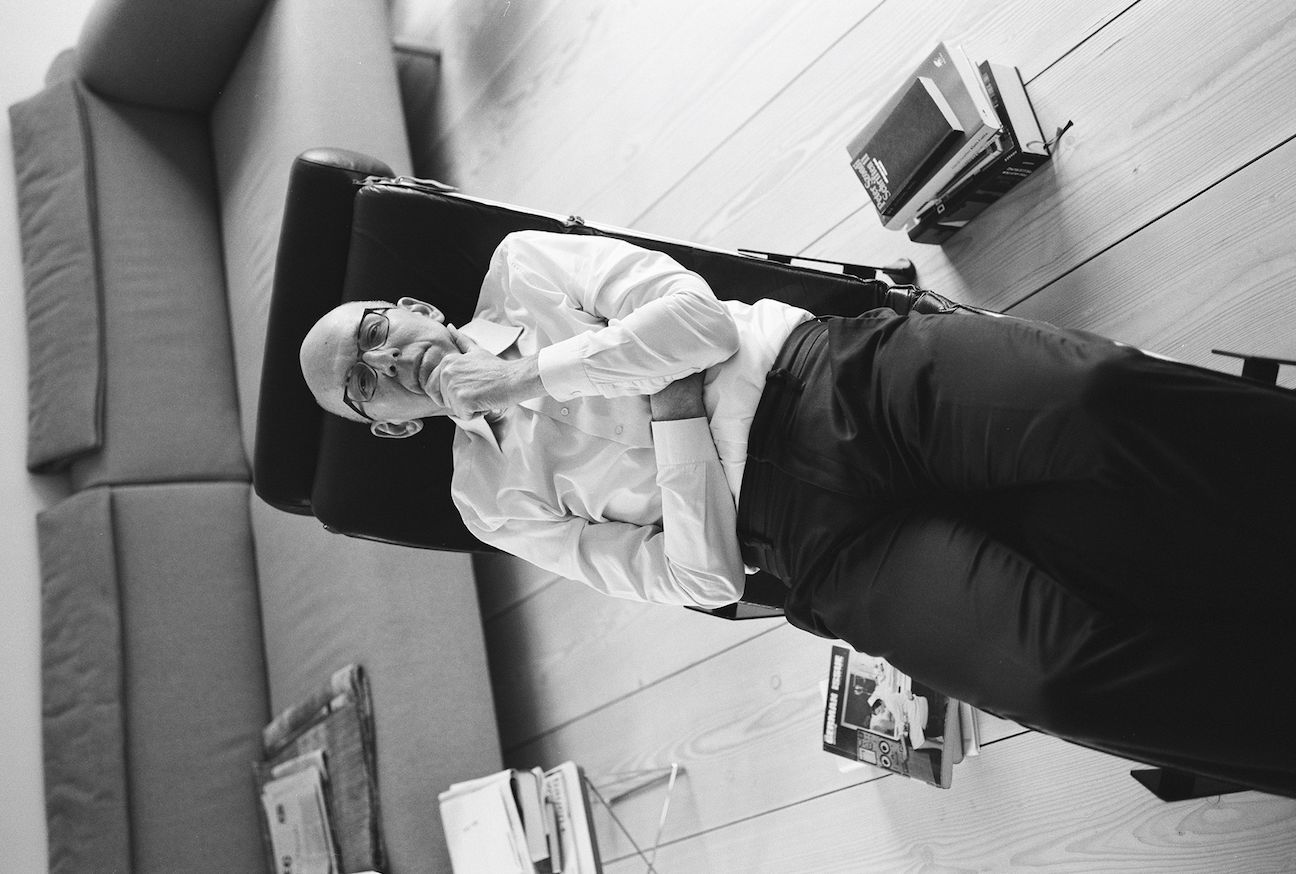
“Solidarity is the Only Remedy for Embitterment”: Interview With HEINZ BUDE
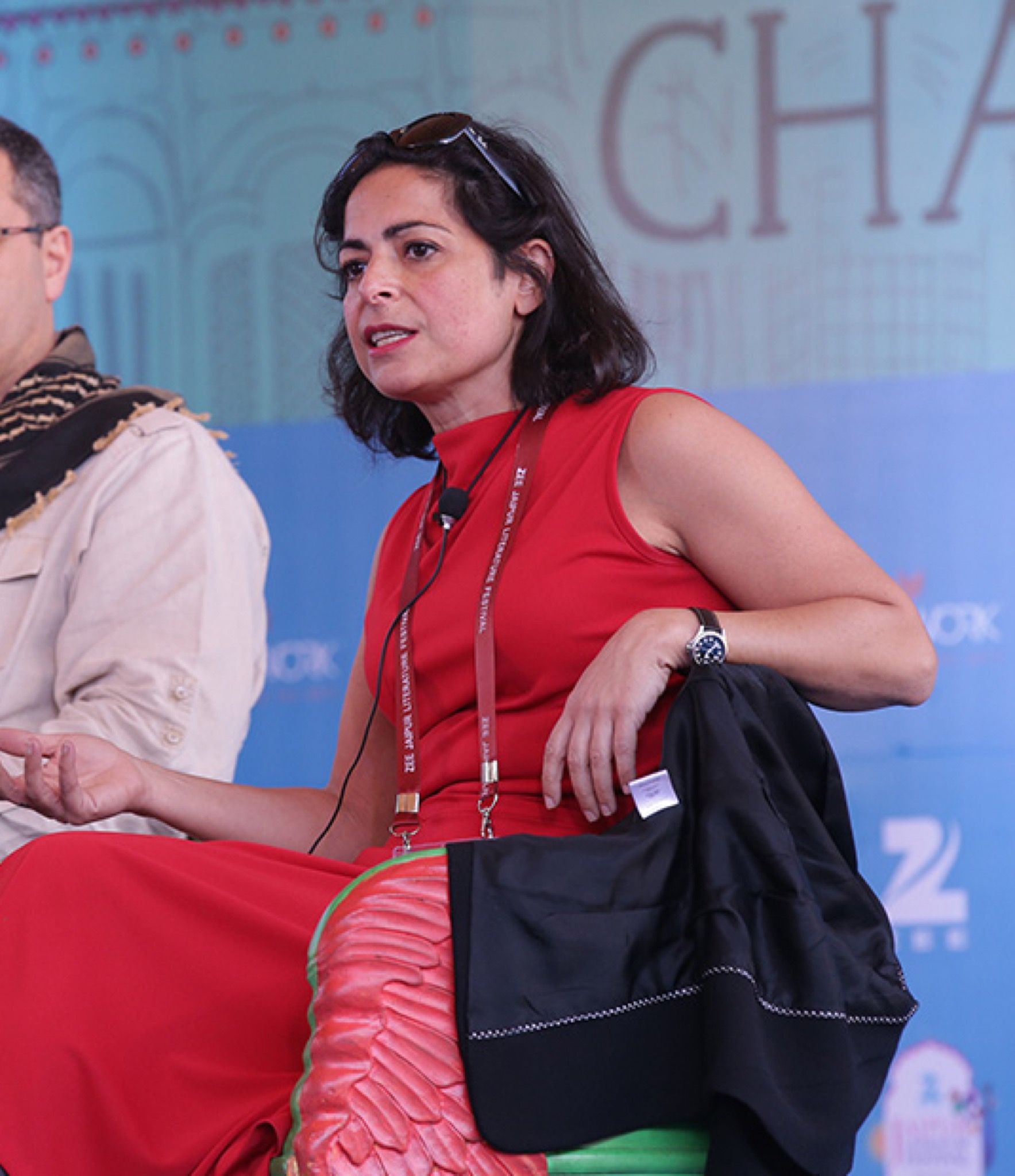
Between China and the Arabian peninsula, a “maritime silk road” powers global capitalism – even in the age of the cloud. LALEH KHALILI explains.